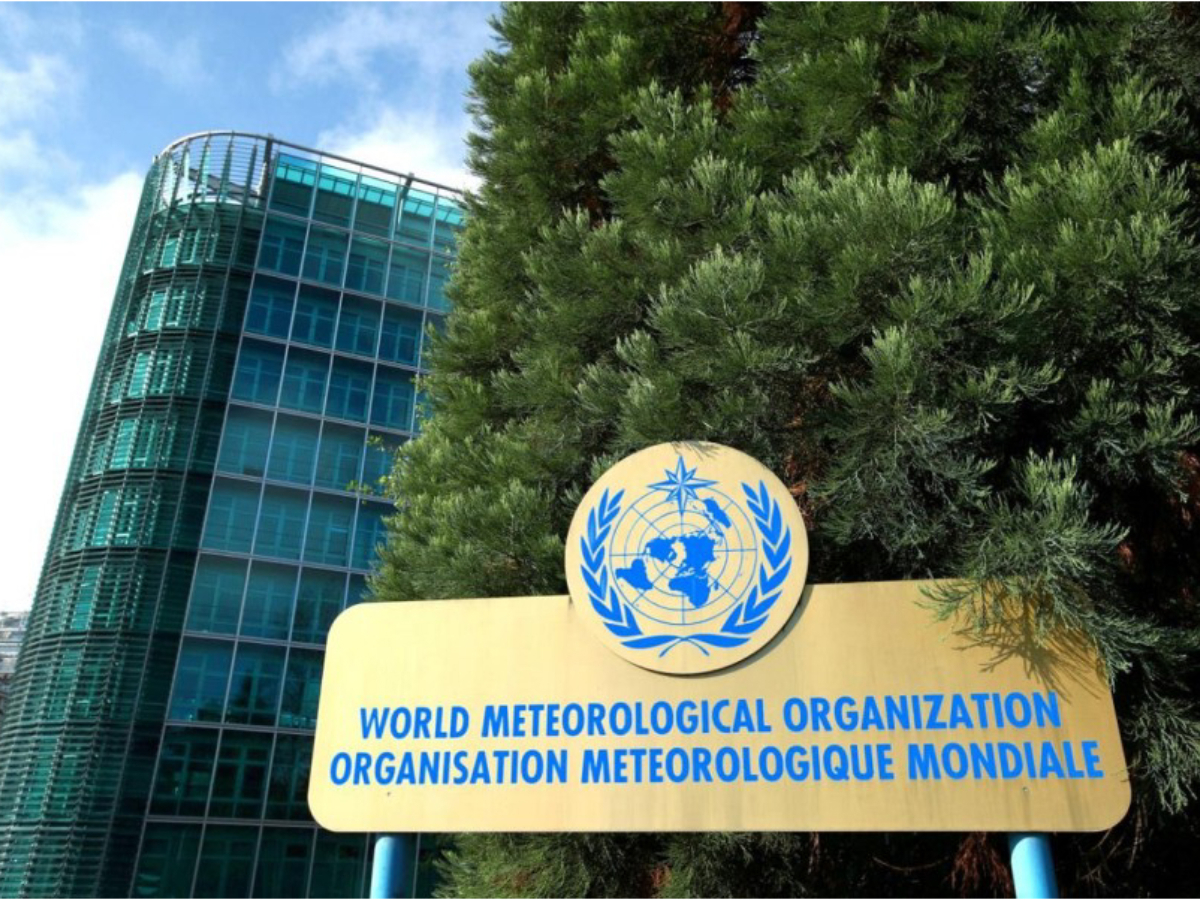LOC20:34
17:34 GMT
 The World Meteorological Organization (WMO)
The World Meteorological Organization (WMO)
GENEVA, Nov 6 (KUNA) -- The World Meteorological Organization (WMO) on Thursday warned that 2025 is on track to become the second or third warmest year recorded since global observations began 176 years ago.
The finding released in the WMO's State of the Global Climate 2025 report underscored an unrelenting rise in global temperatures marking the eleventh consecutive year of record-breaking heat.
According to WMO, the average global temperature between January and August 2025 was about 1.42آ°C above pre-industrial levels stressing that the past three years have been the "hottest ever measured".
The WMO report warned of escalating climate disruption stressing that concentrations of greenhouse gases and ocean heat have reached unprecedented highs.
Sea ice in both the Arctic and Antarctic has dwindled to alarming lows with the Arctic recording its smallest ice extent in history while the Antarctic registered its third lowest, the report noted.
It cautioned that rising ocean temperatures threaten to devastate marine ecosystems diminish biodiversity and weaken the oceans' ability to absorb carbon dioxide. These warming waters are also fueling stronger storms accelerating polar ice melt and driving sea levels upward.
The report found that global sea levels rose by an average of 4.1 millimeters per year between 2016 and 2025 nearly double the rate observed in the 1990s due to ocean expansion and melting ice sheets.
Glaciers worldwide lost approximately 450 gigatonnes of ice last year the greatest loss recorded since the mid 20th century.
The report warned that the intensification of extreme weather in 2025 has come at a heavy cost.
From floods across Africa and Asia to wildfires in Europe and North America and from deadly heatwaves to destructive tropical cyclones climate-linked disasters have caused profound human and economic suffering.
The WMO warned that these events are undermining food security and stalling development in many parts of the world.
WMO Secretary-General Celeste Saulo described the situation as "deeply alarming" noting that the rapid rise in temperature and record greenhouse gas concentrations make it increasingly difficult to keep global warming below 1.5آ°C. "It remains possible and absolutely essential," she said.
The organization stated that the number of nations adopting multi-hazard early warning systems has more than doubled since 2015 reaching 119 by 2024 stressing that 40 percent of the world's countries still lack such critical infrastructure.
The report released ahead of the UN Climate Change Conference (COP30) in Brazil's Belem called for urgent coordinated global action to curb emissions enhance climate resilience and protect the planet's most vulnerable populations. (end)
imk.hm